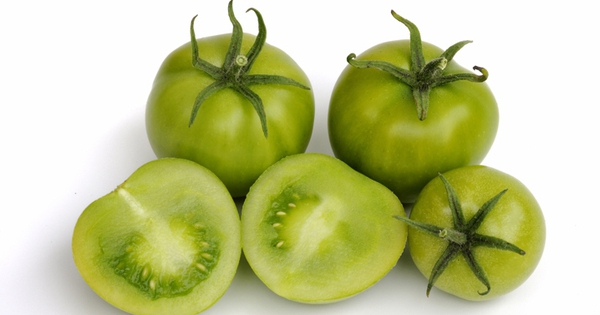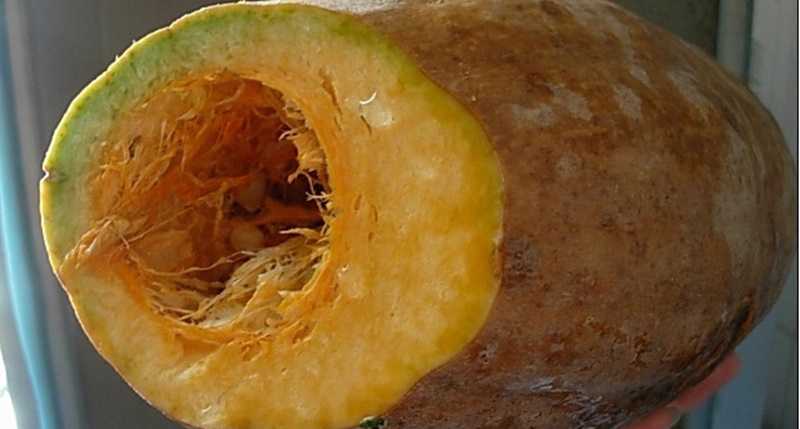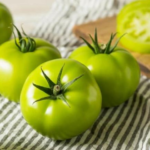Green tomatoes
Despite containing many valuable nutrients, green tomatoes also contain a significant amount of alkaloids that can be toxic if consumed in excess. Common symptoms include gastritis, diarrhea, nausea, vomiting, fatigue, etc.
The alkaloid content decreases gradually during the ripening process of tomatoes and will be gone when the green fruit turns red. Therefore, it is best not to eat green tomatoes.

Rootless bean sprouts
Although nutritious, cooling, and good for health, rootless bean sprouts are not entirely safe. To increase productivity, many people use root stimulants, preservatives, or harmful chemicals such as freshness agents, whitening agents, etc.
These types of bean sprouts often do not have roots, are full of toxins, and many people unknowingly eat them regularly. Regular consumption of such bean sprouts can be harmful to the body and increase the risk of liver diseases. Therefore, it is best not to buy bean sprouts without roots.
Handmade bean sprouts usually have long roots like threads, not shiny, not large, not plump, with long roots, stems, and germinating leaves. Chemically induced bean sprouts are usually short, fat stems, no roots or very short roots. You can rely on these characteristics to choose safe bean sprouts.
Mature pumpkins stored for a long time
Mature pumpkins have many health benefits, but if stored for a long time, they can be dangerous to health. Due to their high sugar content, if pumpkins are stored for a long time, they will ferment and deteriorate. Consuming such pumpkins can cause diarrhea, excessive vomiting, general weakness, drowsiness, dizziness.
These types of pumpkins often have a smell like alcohol, so it is best not to eat them.

Fresh parsley
Fresh parsley contains porphyrin compounds that are sensitive to light. Consuming too much of these compounds can cause skin inflammation, itching, swelling, and pain when exposed to sunlight.
But if dried, most of the porphyrin compounds in parsley will degrade. That’s why you should use dried parsley, soak it in water, and cook it to ensure safety. Soaking dried parsley in water also helps dissolve the remaining porphyrin compounds.
You should note that when soaking dried parsley, you need to change the water several times and not soak it for more than 2 hours because prolonged soaking will promote bacterial growth.
Spoiled or bruised ginger
Ginger like that should be discarded because they are not safe. Spoiled ginger contains a strong toxic compound called safrole. Our intestine easily absorbs this toxin and quickly transfers it to the liver, causing cell poisoning. Eating spoiled or bruised ginger regularly can increase the risk of liver cancer, esophageal cancer.

Raw taro
Raw taro contains glucosedis cyanogenic, which stimulates the production of hydrogen cyanide – a highly toxic compound. It can cause acute poisoning, known as taro poisoning, and even paralysis and death.
It is best to peel all the taro skin before cooking and soak it in water (soaking in rice water is the most suitable). When boiling, you should open the lid many times to allow the toxic substances to evaporate and cook it thoroughly before eating. If it tastes bitter, it is best to discard it.
































